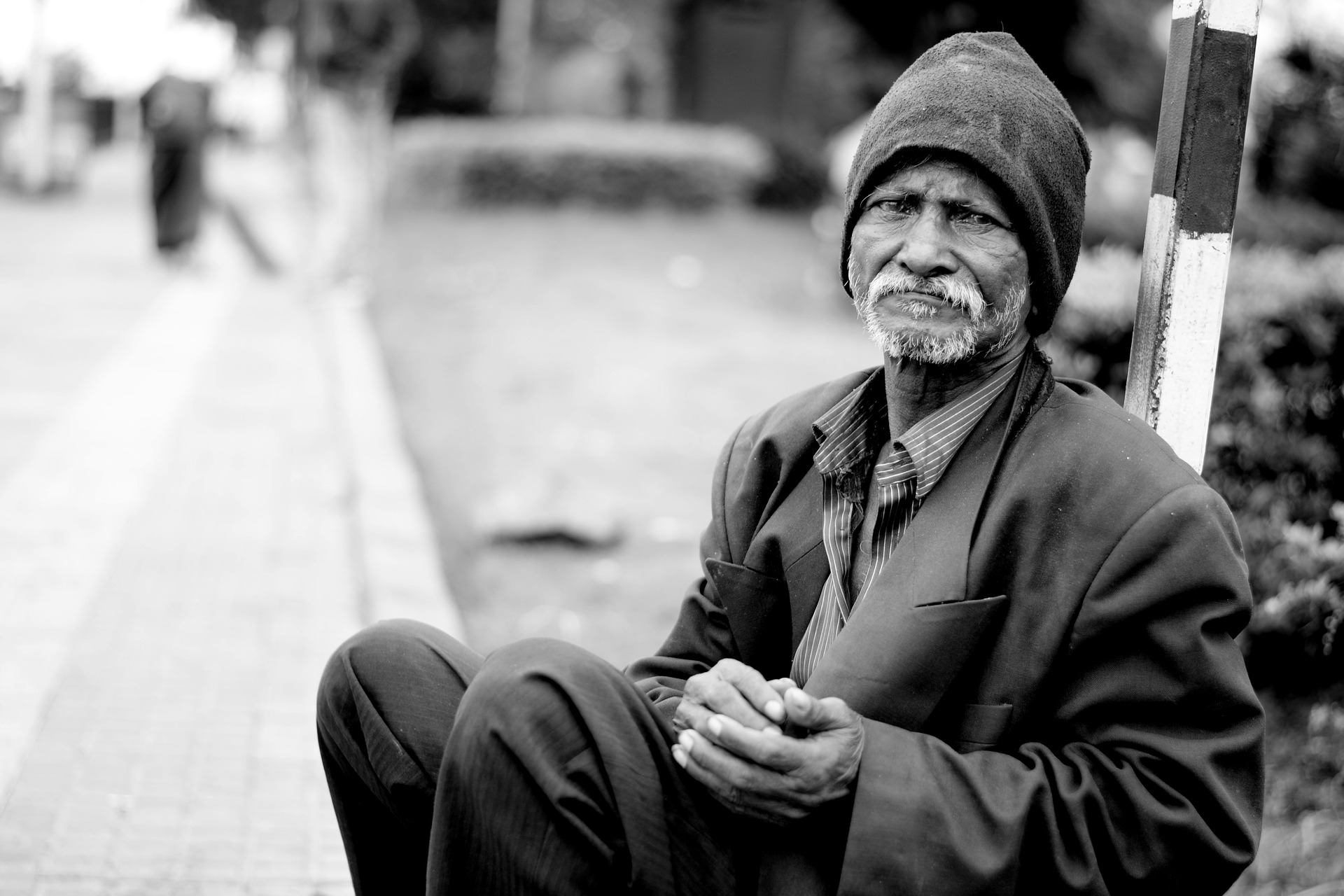Sample reflection
 All EE candidates must submit three reflections to document their learning experience during their personal investigation for EE. The three reflections together cannot exceed 500 words.
All EE candidates must submit three reflections to document their learning experience during their personal investigation for EE. The three reflections together cannot exceed 500 words.
The assessment criteria for top marks read: Reflections on decision-making and planning are evaluative and include reference to the student’s capacity to consider actions and ideas in response to setbacks experienced in the research process. These reflections communicate a high degree of intellectual and personal engagement with the research focus and process of research, demonstrating authenticity, intellectual initiative and/or creative approach in the student's voice.
The following reflection was written by one of my own students in the year before the current curriculum was implemented. The goal was to have students reflect as a means of gathering samples for our new candidates. This is one of the strongest reflections and is meant to serve as an exemplar.
Sample reflection
Research question: To what extent could CBT help the homeless reintegrate into society?
Initial reflection
I really wanted to do a paper on homelessness because it is linked to my CAS project. I started by looking at research on attitudes toward homelessness, but a lot of the research drew the same conclusions and I couldn't think of a "debate." Then I came across an article in a Prague paper about the difficulties that the homeless face in reintegrating. I started to research this and found an article about how CBT is being used to help homeless people develop self-efficacy. As I work in a soup kitchen on the weekends, I found this really interesting. So now I am looking for research on CBT – it is easy to find research on CBT and self-efficacy; it is less easy to find studies that look at the link to homelessness. That is why I am going to look at the potential of CBT and not just evaluate homelessness research. It also means I need to consider the reasons why the homeless are not able to reintegrate.
Interim reflection
I have had a lot of difficulties finding research directly linked to my question. I decided to visit a specialist here in Prague who works with reintegration. He helped me to understand the role that self-efficacy plays in reintegration and recommended some good articles for me. I realize that sometimes just Google searching is not enough. But then after the meeting, I wondered if there may be cultural differences between Czech homeless (in an individualistic culture) and homeless in more collectivistic cultures. Does self-efficacy play a role there too? Is reintegration easier? I decided to limit my question to “individualistic societies.” Finally, I am struggling with looking at a counter-argument. I am thinking that maybe CBT assumes that the homeless can change their situation. Maybe it is more about environmental factors than psychological ones.
Final reflection
I am pleased with the final essay. I feel that what I learned about homelessness will help me not only in my CAS project but helps me to empathize a bit with the homeless. My conclusions were that CBT can only be effective if protective factors are maximized for the homeless. If I were to do this project again, I think that I would focus less on the therapy and more on protective factors – are they are all important or are some more important than others? I was struck by research that showed that providing the homeless with free housing is not enough to solve the problem – but that they need help in transitioning to their “new lifestyle.” I thought that getting a job and a home would be a “relief,” but I think that my thinking was too simplistic. Lastly, I would also try to find a better way to organize my sources and notes during the investigation process. When it was finally time to write my paper, I found it difficult to sort through all the material that I had found.
Total: 490 words

 IB Docs (2) Team
IB Docs (2) Team
